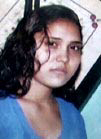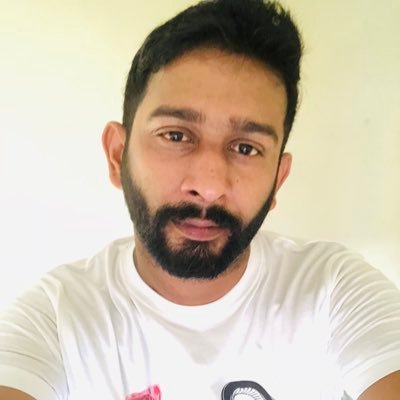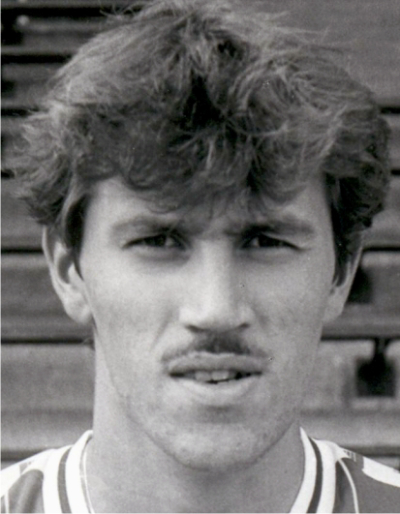Renu Saluja
#45939 Most Popular
1952
1974
1976
1977
1980
1983
1989
1990
1996
1997
2000
2003
2005
2006
2009





